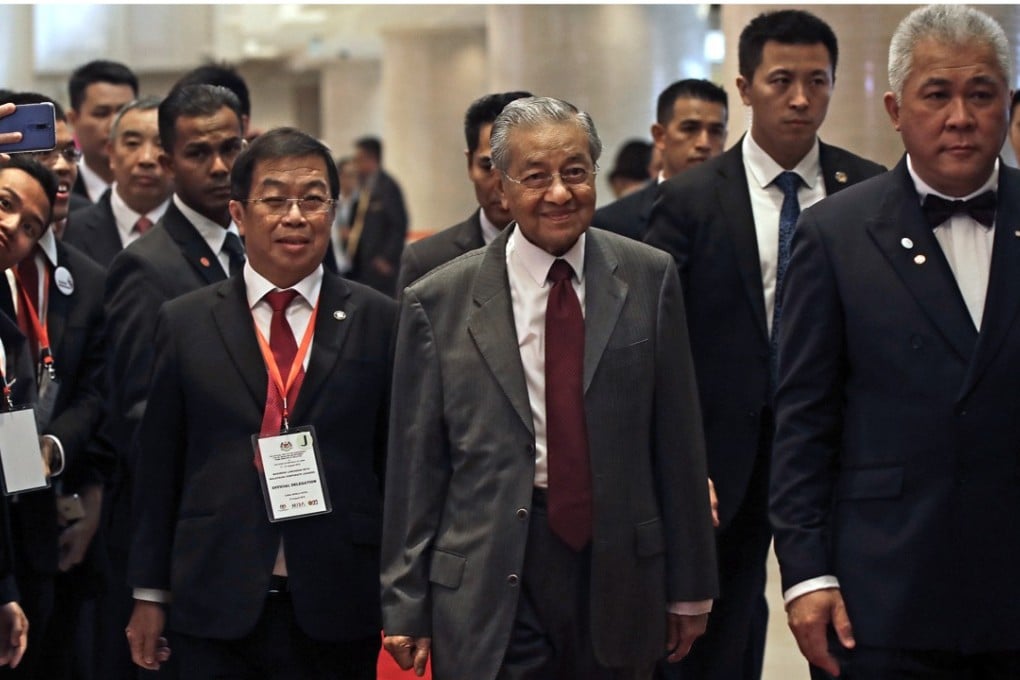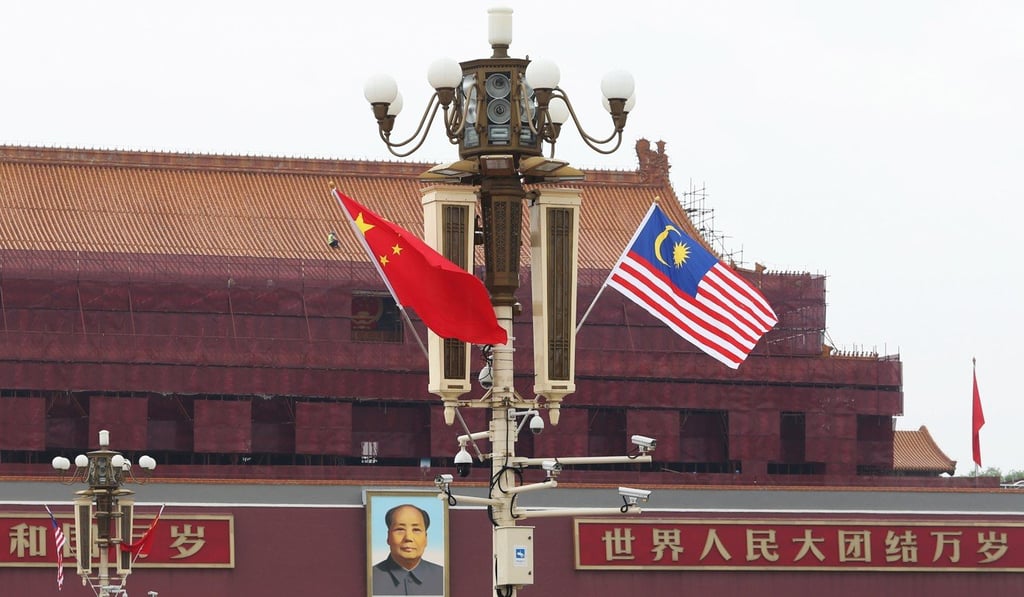‘It is not about the Chinese’: Malaysia’s Mahathir blames previous government for debt to Beijing and project woes
A former frequent critic of China, ‘economic realities’ may have forced the Malaysian leader to change tack before meeting top Chinese officials

Malaysian Prime Minister Mahathir Mohamad on Sunday pinned blame for the large debt his country owes China squarely on his predecessor Najib Razak on the eve of crucial talks with top Chinese leaders, during which he will try to renegotiate the terms of over US$20 billion of Beijing-backed projects.
Diplomatic insiders say the 93-year-old leader’s comments in a forum with the elite China Entrepreneur Club put on show the savviness he is likely to employ when he meets President Xi Jinping and Premier Li Keqiang on Monday.

By blaming Najib and all but absolving Beijing of pushing Malaysia into a debt trap, observers say Mahathir is likely to have strengthened his hand in his push to drastically cut the costs of rail and gas pipeline projects tendered to Chinese companies by the former premier.
We are not against Chinese companies but we are against borrowing money from outside and having projects which are not necessary and which are very costly
“It is not about the Chinese, it is about the Malaysian government,” Mahathir told the forum, referring to Najib’s administration, which he defeated in a May election.